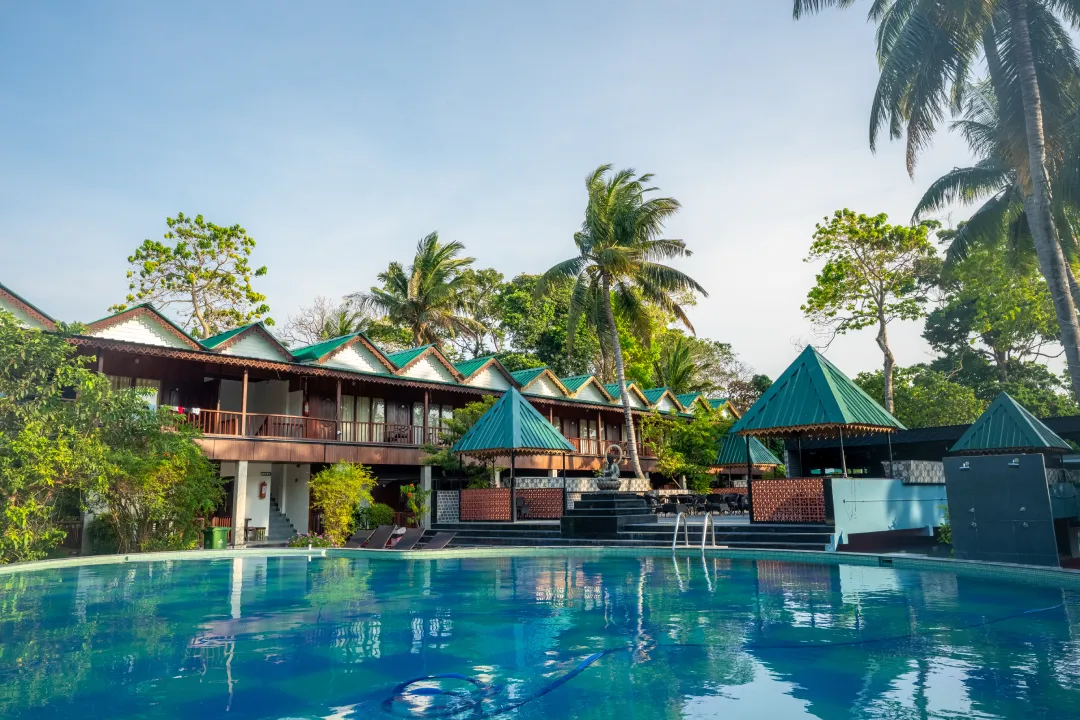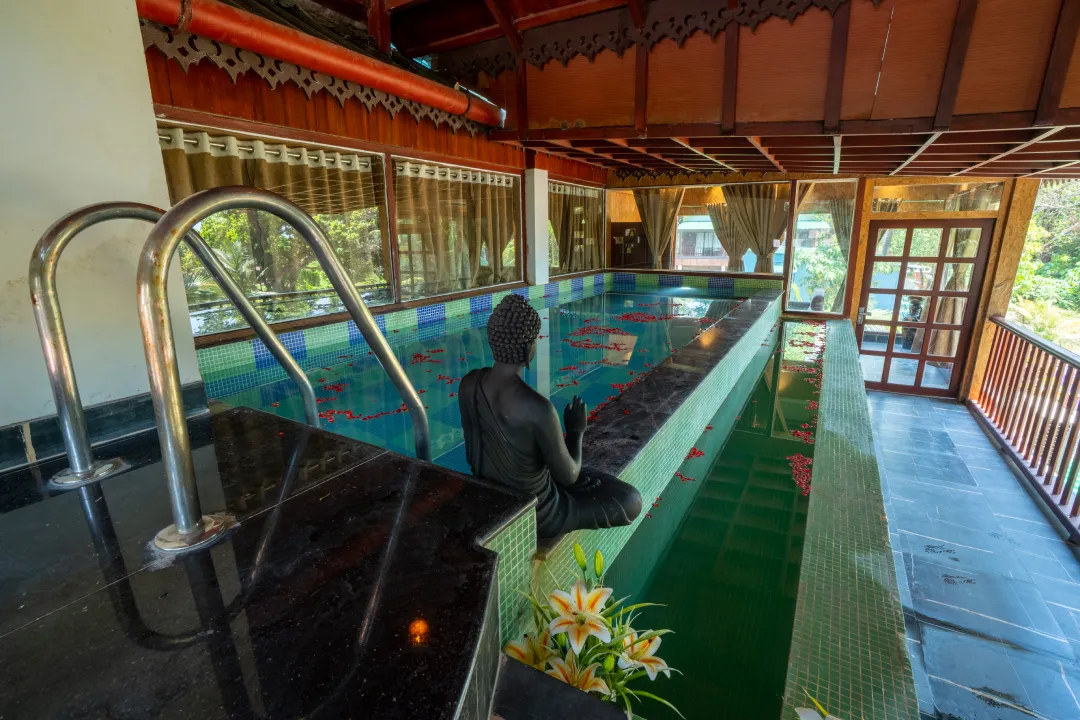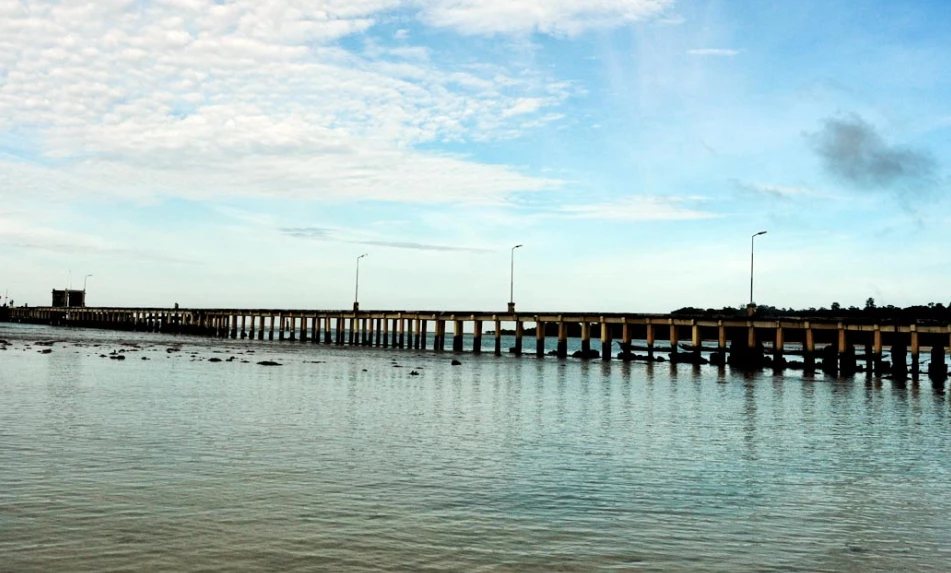 10 September, 2025 | by Admin
10 September, 2025 | by Admin
Essential Safety Tips to Consider Before Your First Scuba Dive
Most individuals make a bucket list, detailing the activities they desire to undertake in life. Scuba diving is always at the top of the list. The magic of uncovering secrets under the water fascinates countless explorers, fueled by inborn curiosity. Scuba diving is not only a pleasant pursuit, but it also offers immense physical and psychological benefits. Havelock Island is the best destination for scuba diving. If you're organizing this once-in-a-lifetime experience, then the Havelock Island Beach Resort is the perfect place to reside and turn your bucket list plans into a reality. Scuba diving is a thrilling dive activity that requires high-level safety and technical proficiency. They can be acquired in a dive school or through the introductory dive, in which the dive instructor goes over them. Owing to all of this, scuba diving is an easy, enjoyable, and secure activity. As a precaution before preparing yourself for your scuba diving adventure, you must do some things for your own safety. If you were thinking what, then after reading this article, you will understand. Let's start the topic.
Top Safety Measures That You Need to Take for Your First Scuba Diving
- Make an effort to choose a solid operator
- Communication has to be given importance.
- Make an effort to excel in the fundamental scuba diving techniques.
- Carefully read the medical form.
Recent Posts


24 December, 2025 | by Admin
Ocean Breeze and Gourmet Plates: The Irresist

22 December, 2025 | by Admin
Why December is the Perfect Time to Visit the

19 December, 2025 | by Admin
The Rich History of the People of the Andaman

10 December, 2025 | by Admin
The 3 Perks of Visiting Havelock Islands in t








